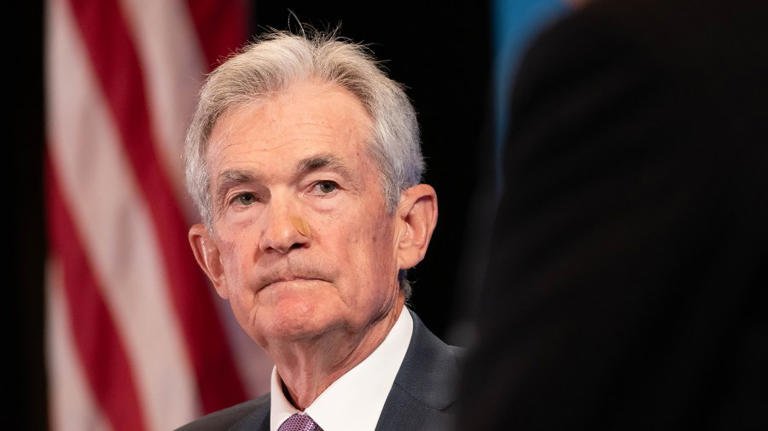In an era defined by economic volatility and global challenges, fiscal responsibility has taken center stage. Policymakers, economists, and financial leaders are increasingly urging nations to reassess their fiscal paths to ensure long-term stability and growth. As the burden of debt continues to mount for many governments, the conversation around sustainable fiscal practices has never been more urgent.
The Growing Concern
A sharp rise in public debt, fueled by unprecedented pandemic spending and persistent deficits, has led experts to question the sustainability of current fiscal trajectories. While stimulus measures were vital for economic recovery, the long-term repercussions of unchecked borrowing could jeopardize future growth, weaken economic resilience, and leave nations vulnerable to global economic shocks.
Why Sustainability Matters
Fiscal sustainability isn’t just about reducing debt; it’s about balancing economic priorities. High levels of public debt can crowd out private investment, increase interest payments, and limit a government’s ability to respond to future crises. By adopting a more disciplined and forward-looking approach, nations can safeguard their economies, foster innovation, and invest in critical areas such as education, healthcare, and infrastructure.
Pathways to Change
- Revenue Reforms: Streamlining tax systems to ensure efficiency and equity can bolster public finances. Introducing policies that close tax loopholes and enhance compliance can help bridge revenue gaps.
- Expenditure Reallocation: Governments must prioritize spending that yields long-term benefits, such as renewable energy initiatives, technological advancements, and workforce development.
- Debt Management Strategies: Refinancing existing debt under favorable terms and maintaining transparent fiscal reporting can reduce risks and build investor confidence.
- Public-Private Collaboration: Encouraging private sector participation in large-scale projects can share the financial burden and accelerate development.

The Role of Leadership
For meaningful reform, leadership must foster bipartisan support and engage citizens in the dialogue. Fiscal sustainability isn’t just an economic issue; it’s a societal imperative. Leaders must articulate a vision that underscores the collective benefits of reform while addressing immediate concerns such as inflation and unemployment.
The journey toward fiscal sustainability is challenging but essential. By embracing change and prioritizing economic resilience, nations can not only address the pressing issues of today but also lay the groundwork for a prosperous tomorrow. In the words of a noted financial leader, “A sustainable fiscal path is not a choice—it’s a necessity.”


